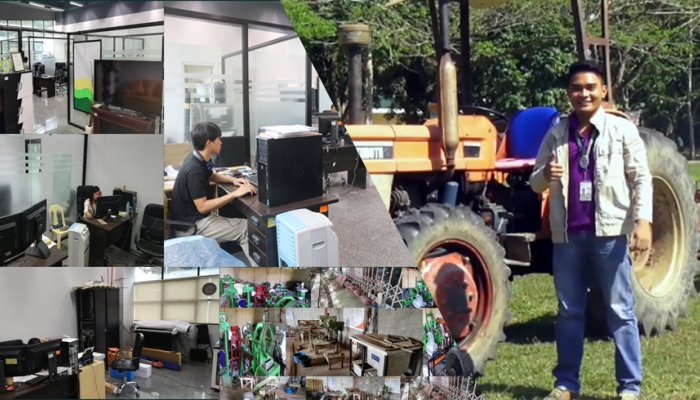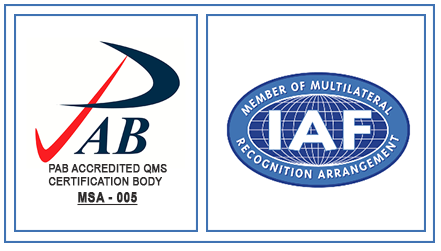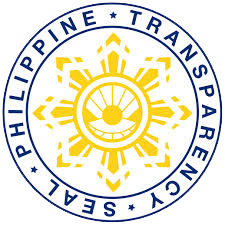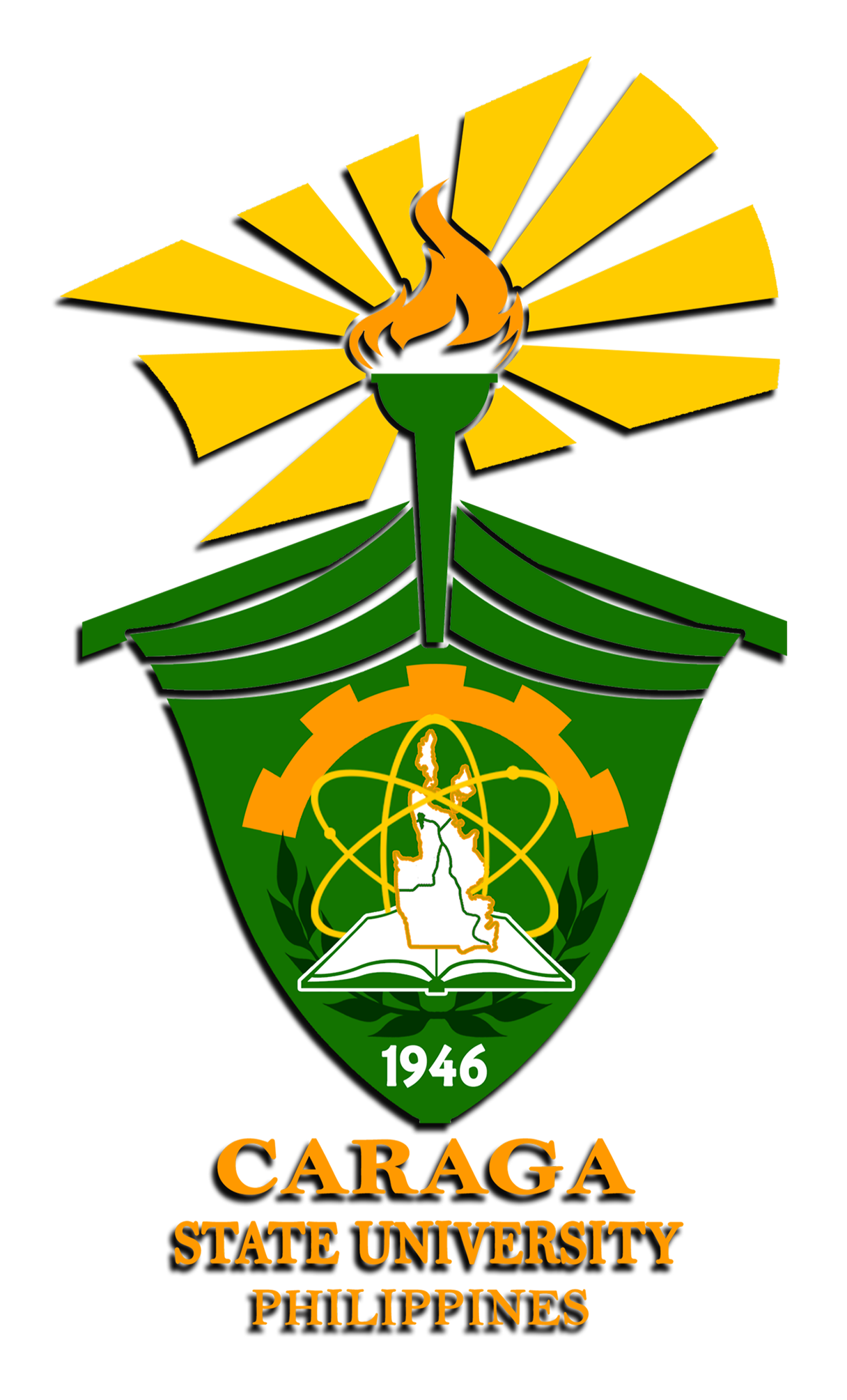News and Events
Bachelor of Science in Agricultural and Biosystems Engineering

Overview
The Bachelor of Science in Agricultural and Biosystems Engineering (BSABE) is designed to produce graduates who possess knowledge, skills, and attitudes in the application of engineering science and designs to the processes and systems involved in the sustainable production, post production, and processing of safe food, feed, fiber, timber, and other agricultural and biological materials; the efficient utilization, conservation, and management of natural and renewable resources; and development of climate change mitigation measures.
The graduates of BSABE are expected to understand and apply engineering science and designs to identify, analyze and create solutions for problems concerning land development; irrigation and drainage; AB production machinery; new and renewable energy; AB buildings and structures; postharvest and processing technologies; climate change; and natural resources, environmental and waste management.
Field of Specialization
-
AB Machinery and Power Engineering
-
AB Structures and Environment Engineering
-
AB Land and Water Resources
-
AB Process Engineering
Program Educational Objectives
In three to five years after graduation, agricultural and biosystems engineering graduates are:
- provide leadership in planning, implementing, and monitoring ABE projects and programs;
- occupy supervisory positions in private and public organizations; locally and internationally;
- own and/or manage ABE-based business enterprises;
- pursue advance studies in ABE and emerging related fields; and
- occupy responsible positions in ABE education.
Program Intended Learning Outcomes
- apply knowledge of mathematics and science to solve complex AB engineering problems;
- design and conduct experiments, as well as to analyze and interpret data;
- design a system, component, or process to meet desired needs within realistics constraints, in accordance with standards;
- function in multidisciplinary and multi-cultural teams;
- identify, formulate, and solve complex engineering problems;
- understand professional and ethical responsibility;
- communicate effectively complex AB engineering activities with the engineering community and with society at large;
- understand the impact of AB engineering solutions in a global, economic, environmental, and societal context;
- recognize the need for, and engage in life-long learning;
- know contemporary issues;
- use techniques, skills, and modern engineering tools necessary for AB engineering practice;
- know and understand engineering and management principles as a member and leader of a team, and to manage projects in a multidisciplinary environment; and
- Understand at least one specialized field of ABE practice.
Admissions
Registrar
Guidance
Office of the President
Public Information and Communication Office
Course Particulars
College of Engineering and Geo-Sciences
College of Agricultural and Agri-Industries
College of Mathematics and Natural Sciences
College of Forestry and Environmental Sciences
College of Computing and Information Sciences
College of Education
Philippine Standard Time
Transparency Seal
Design by ICT Center.





